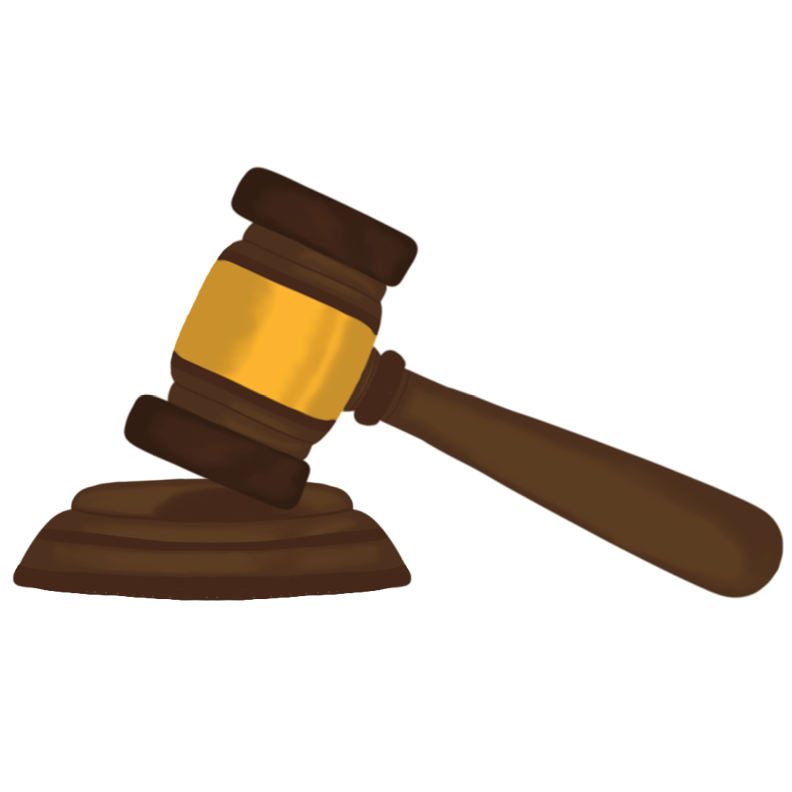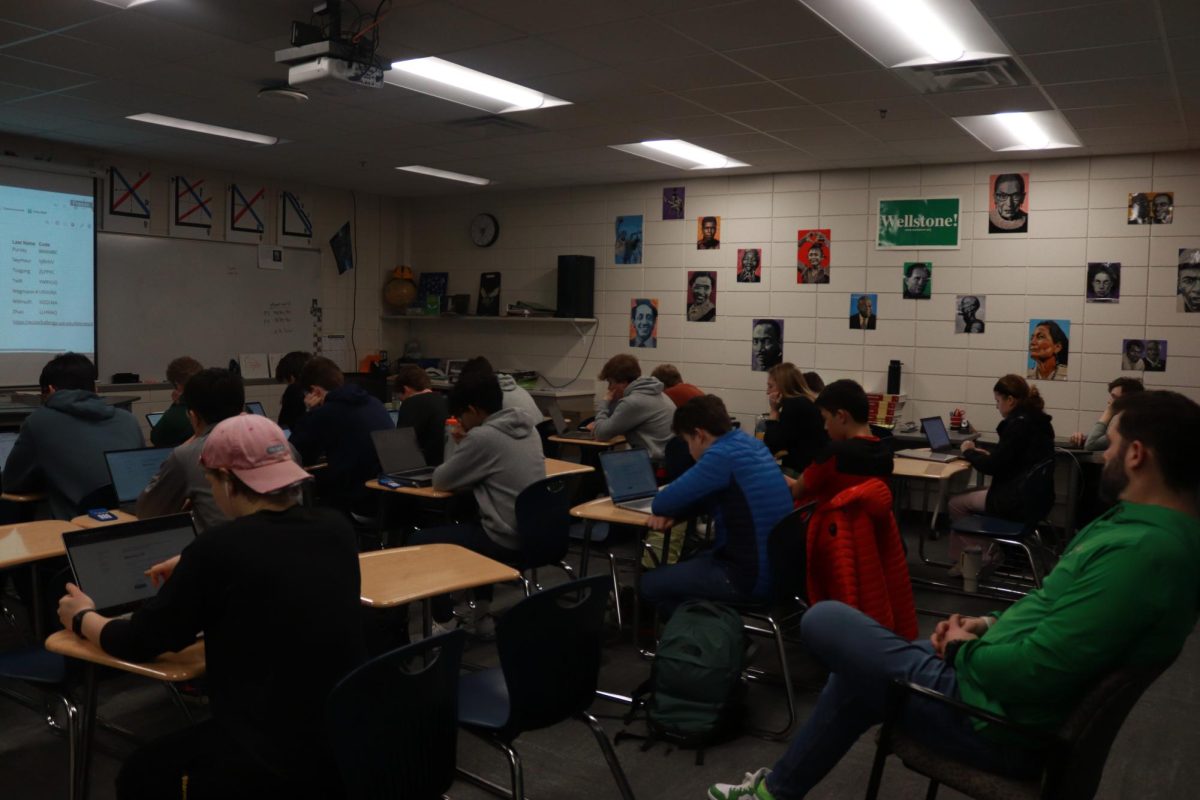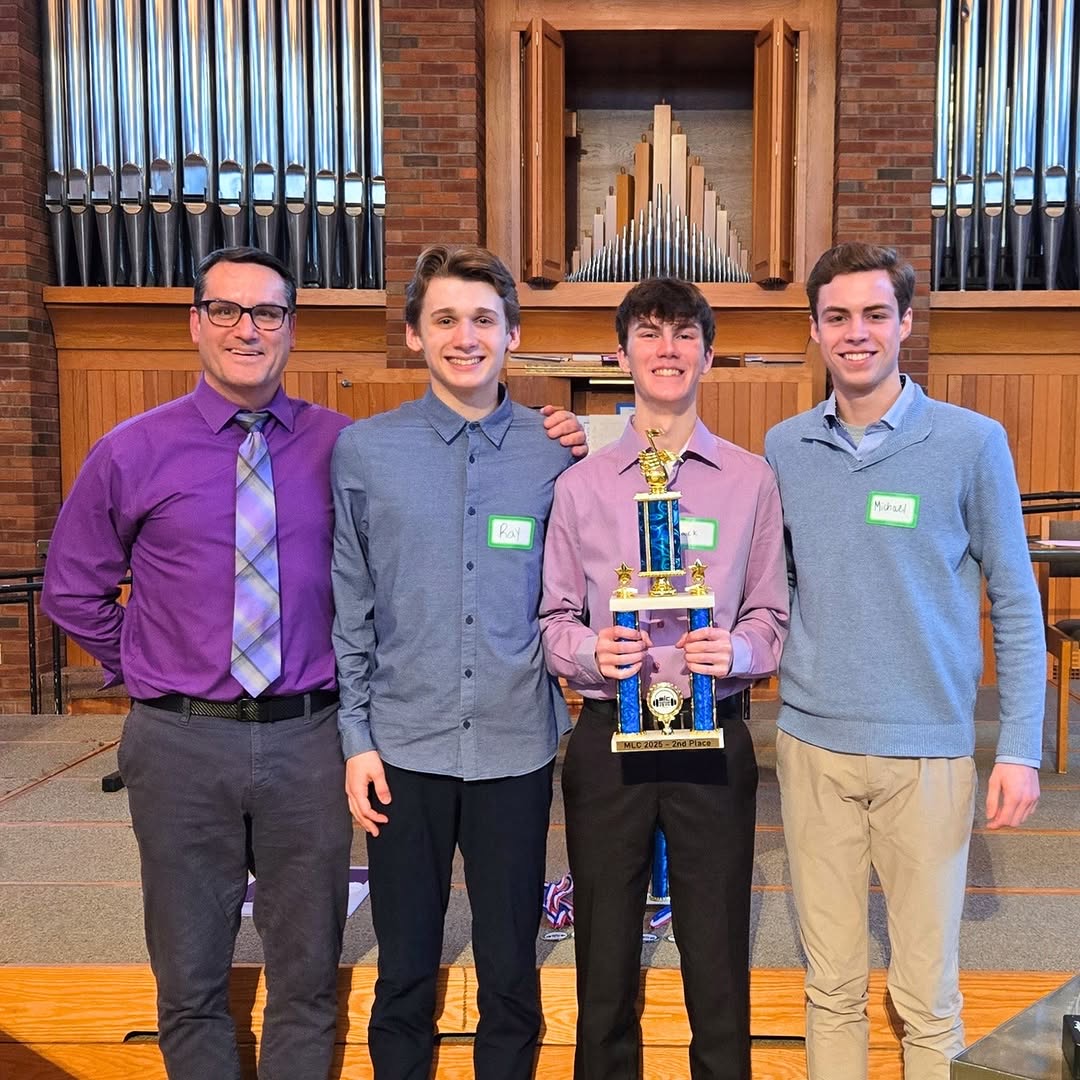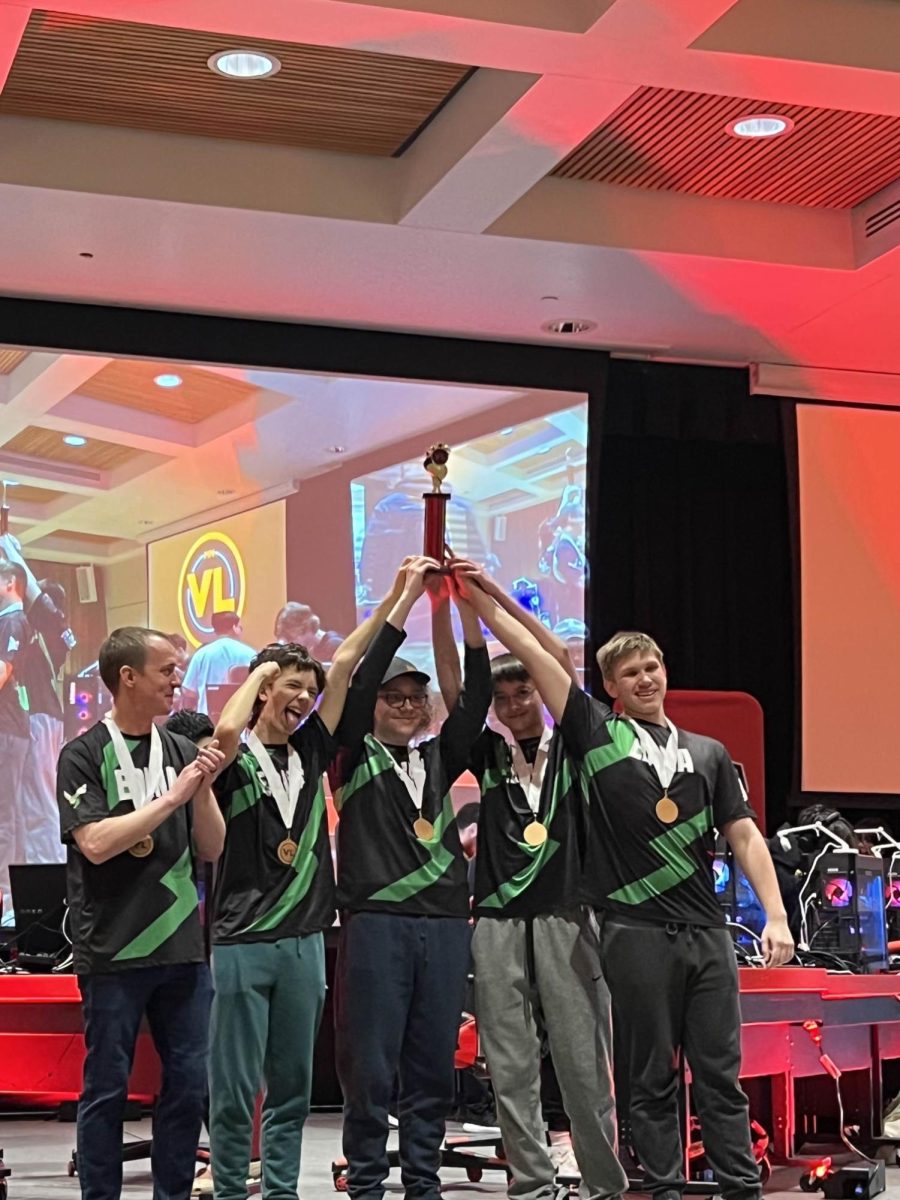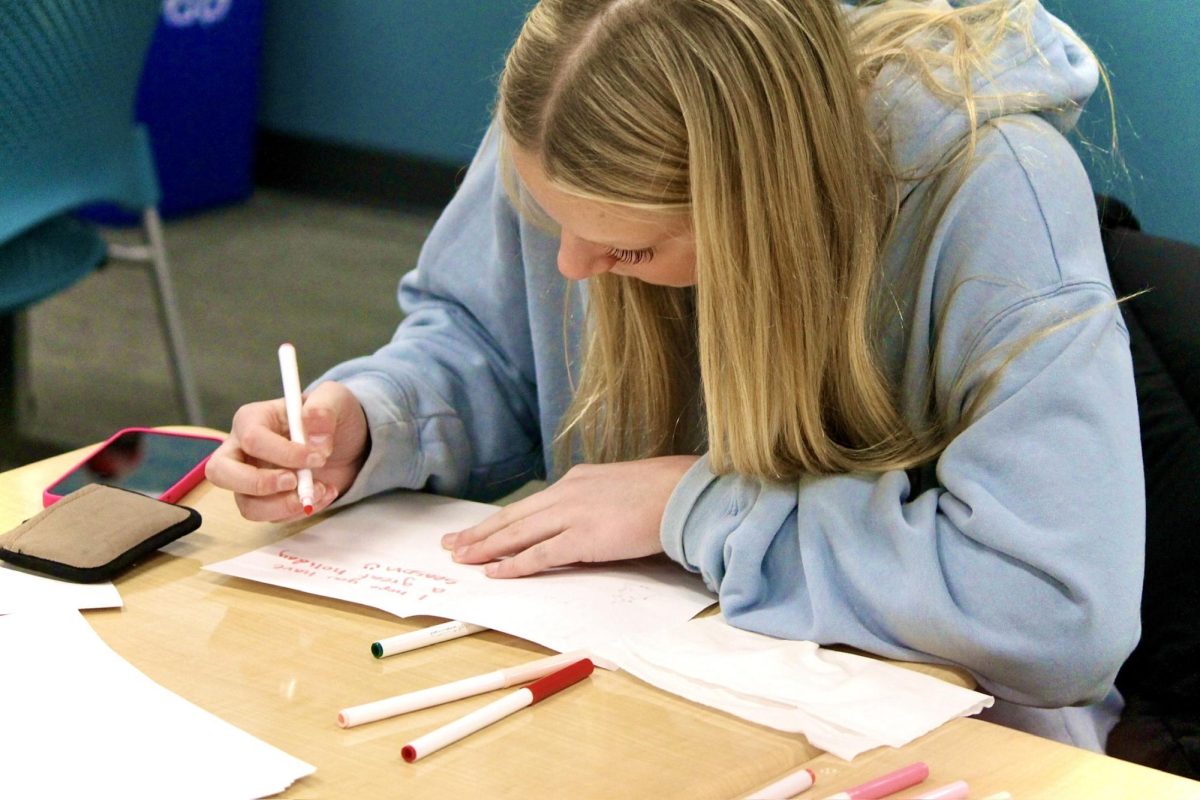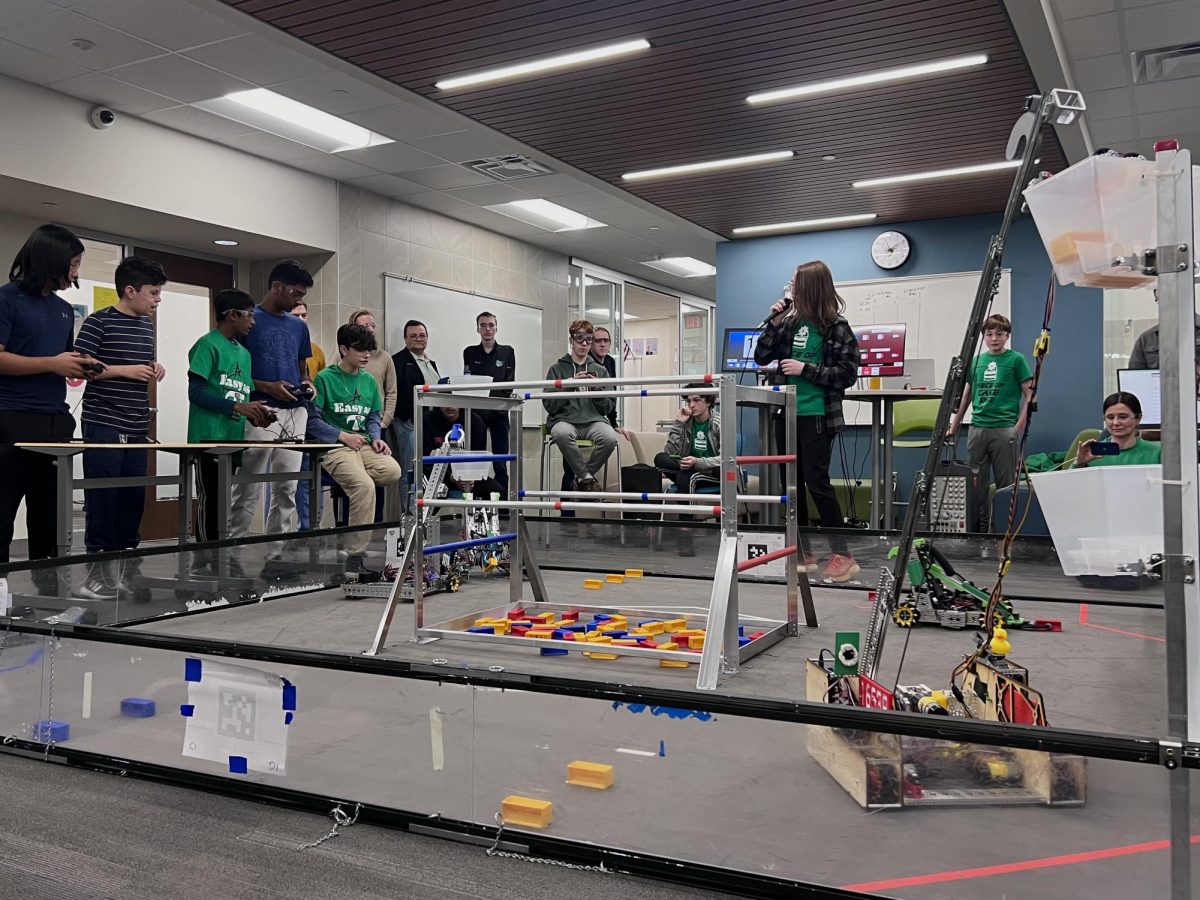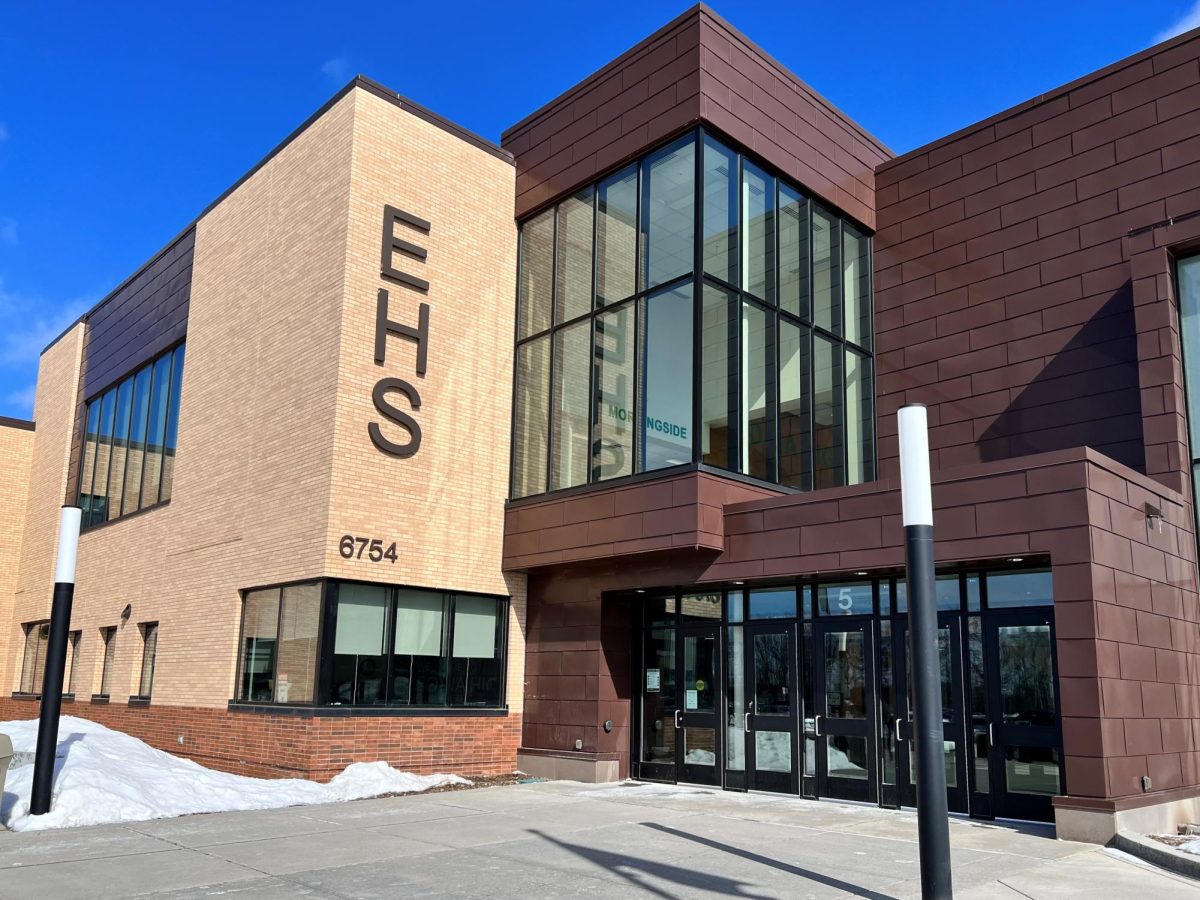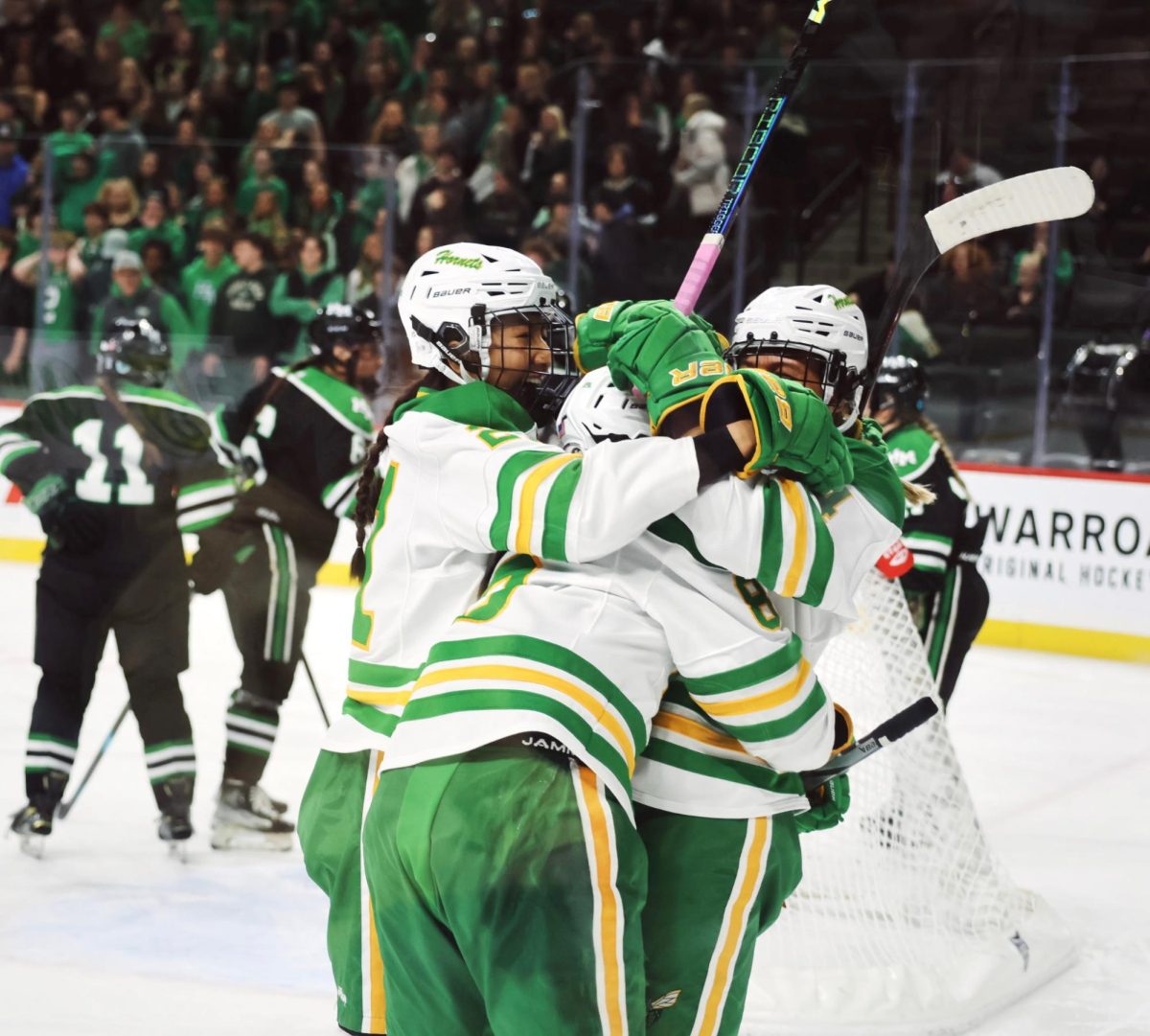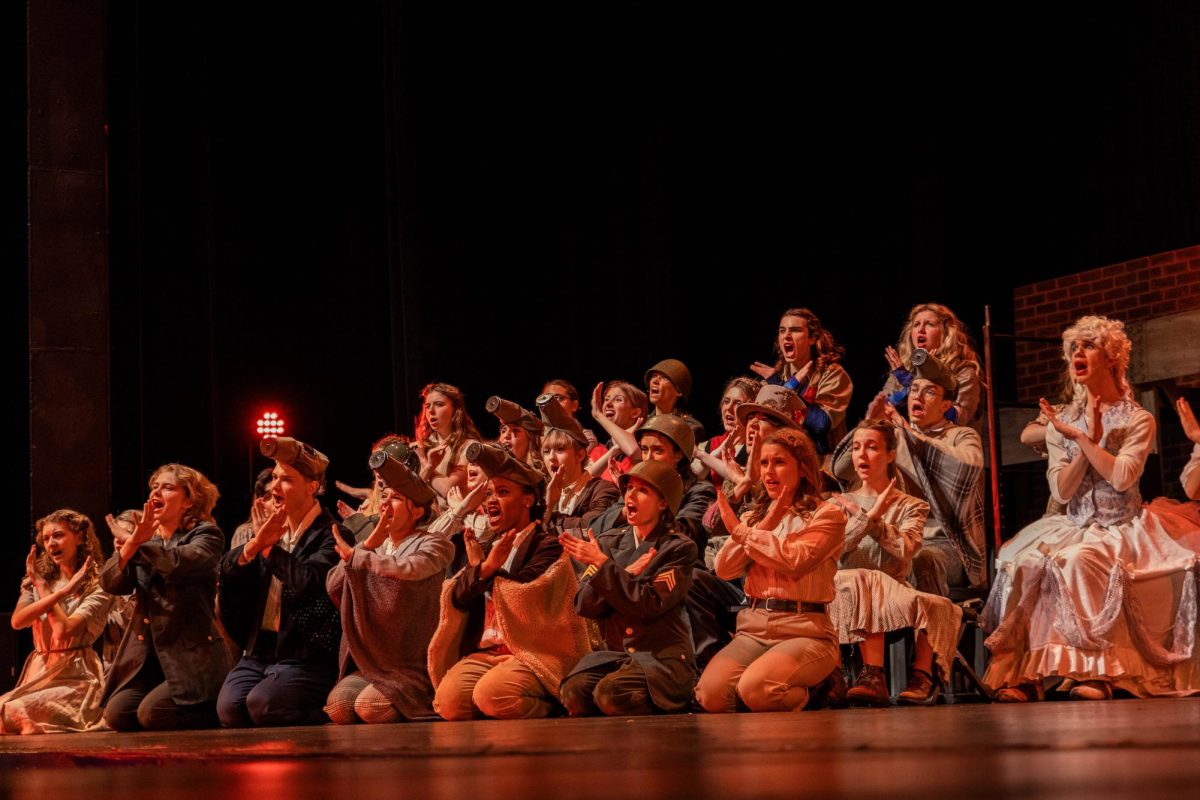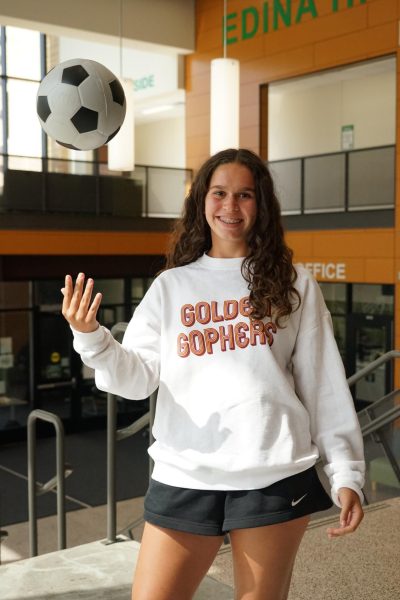Many clubs at Edina High School such as Model UN, DECA, and Edina Debate offer students an opportunity to learn about real-world issues. Students join these clubs to interact with others while still in a learning environment, which allows them to understand the government and the many ways it impacts the world around it.
Model UN emulates the actual United Nations. Students assigned a country will sit on a committee and debate real issues to try to solve a problem. “[Model UN] helps [participants] understand how countries interact and the complexity and the verities of the world…because Model UN is really about how realistically you can represent your country and solve a problem. That’s the real world,” MUN advisor Claude Sigmund said.
Model UN also allows students to learn skills that benefit themselves. Junior Colin Patterson joined Model UN because of his interest in public speaking, teamwork, and political science. This is Patterson’s first year in Model UN, and he is currently learning about the complexity of the government and the mechanics of mock conferences.
Debate, an after-school activity offered at EHS, is a competition between various numbers of students who compete against other students from different high schools, both regionally and nationally. Debate allows students to develop their argumentative and critical thinking skills through four different pathways: Policy, Public Forum, Lincoln-Douglas, and Congressional Debate.
Through debate, students’ understanding of the government’s functions and strategies are improved and expanded on. “By training someone to develop their critical thinking skills, you’re going to train people to better evaluate the claims that are being made about the world as a whole,” Head Debate Coach Joe Schmitt said.
Lincoln-Douglas debater and sophomore Asher Kaufman said he’s learned a variety of government-related functions. “I’ve learned all sorts of things, how the government implements policies and what sort of issues tend to divide the government. When it comes to specifics we’ve had topics on wage law, housing law, environmental stuff, and how the government controls the economy,” Kaufman said.
DECA is a business club offering various competitive events, including business applications, sales applications, and business law applications. Opportunities like roleplays or more rehearsed and prepared events such as sales presentations and marketing campaigns are also offered.
“I would say DECA in general is just a really great way to boost your public speaking skills and an overall way you can carry and present yourself in the business world… you get exposed to a lot of real-world internship opportunities, which is another way to put yourself into the business world,” DECA officer and junior Pranika Kumar said. “There’s a lot of events that focus specifically on law, like business and corporate law.”
Through learning about business, students are also able to better connect and learn about the government and how it influences business laws.
Freshman Safaa Hassan joined DECA for the first time this year. “I found out really good business strategies and how different brands use these strategies, which is really interesting to me,” she said.
Although it may not be learning about the government directly, DECA allows students to learn more about political science and how it impacts different fields of business.
With all of the extracurriculars that EHS offers, they allow students to take away all kinds of different skills. Whether it’s public speaking, business strategy, critical thinking skills, or engaging in real-world issues, all of these help with finding a better understanding of the government.
This piece was originally published in Zephyrus’ print edition on November 4, 2024 and a photo was added on Nov. 7.


